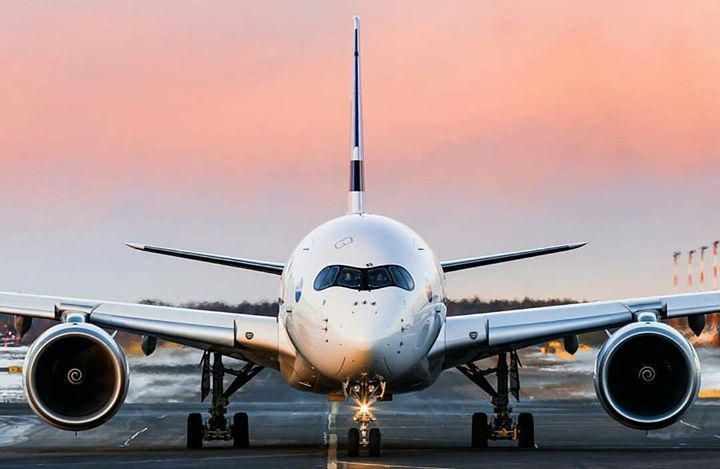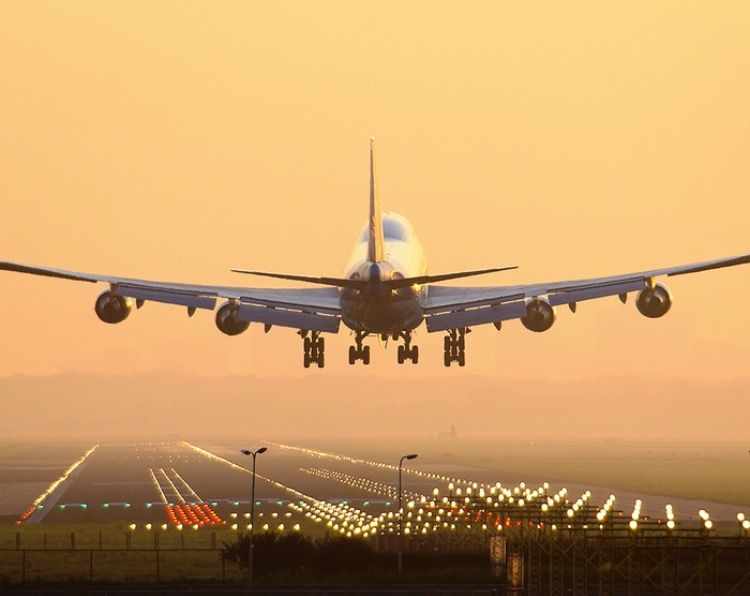
The EasyJet Airlines Corporate Office is the central command hub behind one of Europe’s most successful and recognizable low-cost carriers. While passengers experience the airline through efficient boarding, competitive fares, and a vast route network, it is the corporate office located in Luton, United Kingdom that steers the entire operation. From executive decision-making and route strategy to innovation and sustainability, this headquarters plays a pivotal role in shaping the airline’s future.
The Rise of EasyJet
Founded in 1995 by entrepreneur Stelios Haji-Ioannou, EasyJet disrupted the European aviation market with its low-cost, no-frills business model. Initially operating two leased aircraft between London and Glasgow, the airline aimed to make flying affordable and accessible to everyone. The strategy paid off. Today, EasyJet flies over 300 aircraft, connects more than 150 destinations across 30 countries, and serves millions of passengers every year.
The airline’s ability to scale rapidly without compromising efficiency has made it a household name. But its growth hasn’t happened by chance—it’s the result of strategic planning, operational discipline, and data-driven decisions, much of which is orchestrated from its corporate headquarters.
Centralized Strategy and Operations
The corporate office is where core strategies are developed and executed. Here, senior leadership and various departments—including finance, legal, safety, operations, HR, marketing, and digital innovation—work together to ensure that the airline runs smoothly across all regions.
From deciding on new routes and partnerships to analyzing market trends and planning fleet upgrades, the teams at headquarters handle the high-level tasks that keep the business competitive. This includes critical work such as:
Coordinating flight schedules and crew logistics
Overseeing aircraft maintenance programs
Managing budgets and investor relations
Developing risk mitigation and safety procedures
Ensuring compliance with EU and global aviation standards
The coordination between departments at the corporate level ensures that decisions are well-informed and in line with EasyJet’s overall mission and values.
Embracing Technology and Innovation
Technology is at the core of EasyJet’s operations. The airline has made significant investments in digital tools that improve operational efficiency and customer experience. Much of this innovation stems from initiatives launched at the corporate office.
For instance, EasyJet was one of the first airlines to use predictive maintenance powered by data analytics, reducing aircraft downtime and preventing delays. Its mobile app, enhanced with real-time tracking and booking management, was also developed and refined based on customer feedback analyzed by corporate teams.
AI is increasingly being used to optimize crew schedules, predict demand, and personalize customer communications. These efforts help the airline stay ahead in a highly competitive market while reducing costs and improving service quality.
Sustainability Leadership
As the aviation industry faces growing pressure to reduce its environmental impact, EasyJet has taken bold steps to lead in sustainability. The company’s ambition to become net-zero by 2050 includes initiatives such as investing in fuel-efficient aircraft, exploring hybrid and hydrogen-powered technologies, and offsetting carbon emissions.
These strategic goals are not just marketing slogans—they are deeply embedded into the corporate planning process. The sustainability team at the corporate office is tasked with setting targets, tracking progress, and working with external partners to bring cleaner aviation technologies to life.
Moreover, EasyJet was the first major airline to offset all domestic flight emissions at no additional cost to customers—a move initiated and managed at the corporate level.
Internal Culture and People
EasyJet’s corporate office also plays a critical role in shaping company culture. The airline places strong emphasis on employee engagement, diversity, and wellbeing. Initiatives such as hybrid work policies, mental health support, and inclusive hiring practices are developed and managed from headquarters.
With thousands of employees across multiple countries, the corporate team ensures that EasyJet’s values—safety, simplicity, integrity, passion, and pioneering spirit—are upheld throughout the organization.
Talent development is another key focus. Leadership programs, learning platforms, and internal mobility options are made available to staff, helping retain top talent and foster a high-performance culture.
Customer-Centric Strategy
At its core, EasyJet is a customer-focused airline. While customer service is delivered by cabin crew and airport teams, the strategic decisions that shape the passenger experience come from the corporate office.
From baggage policy updates and in-flight offerings to mobile app enhancements and loyalty programs, customer insights are gathered, analyzed, and actioned at the executive level. Corporate teams continuously monitor reviews, social media sentiment, and market data to identify areas of improvement and innovation.
During times of disruption—whether due to strikes, weather, or global events—communications and contingency planning are led by the headquarters to ensure passengers receive timely and clear updates.
Community Engagement and Social Impact
Beyond aviation, EasyJet is also committed to making a positive impact in the communities it serves. The EasyJet Foundation, supported by the corporate office, funds projects focused on education, youth empowerment, and emergency relief.
Through partnerships with schools, NGOs, and sustainability organizations, EasyJet contributes to causes aligned with its core values. These initiatives not only help the broader community but also enhance the brand’s reputation as a responsible corporate citizen.
Looking to the Future
The airline industry is constantly evolving. With rising fuel prices, stricter regulations, and shifting traveler expectations, the road ahead is complex. However, EasyJet’s strategic base in Luton is well-positioned to lead the company through future challenges. The EasyJet Airlines will continue to guide the airline with a clear focus on innovation, efficiency, and customer satisfaction. Whether expanding into new markets, investing in green technologies, or enhancing digital experiences, the headquarters remains the central engine powering EasyJet’s continued growth and success.
















Write a comment ...